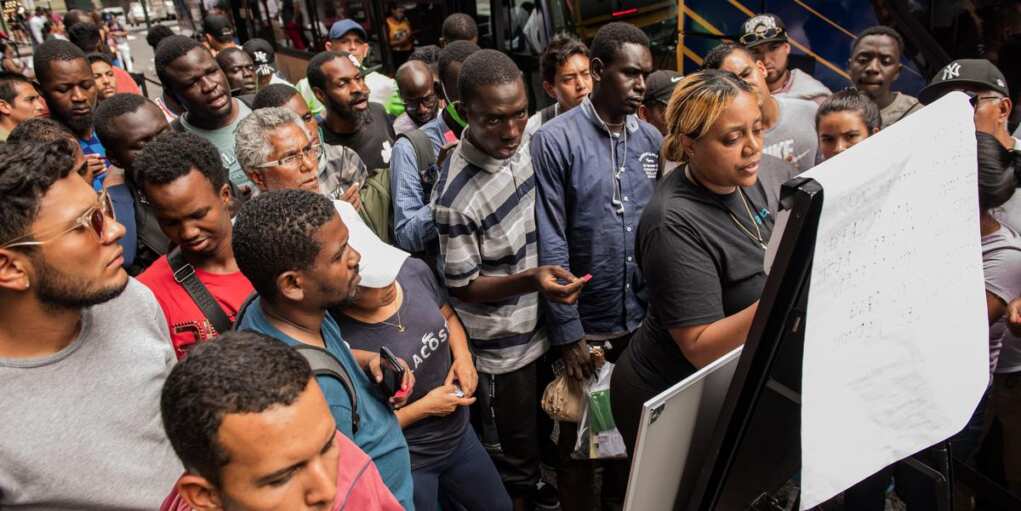Police Ban Protesting Migrant Hotels–YES, Really

Tensions in Britain’s capital are reaching a boiling point as the Metropolitan Police issued a 28-day ban against a protest group that demonstrated outside a migrant hotel in London’s Canary Wharf. The ban came after a weekend protest outside the Britannia International Hotel escalated with flares, fences breached, and accusations of harassment against hotel occupants and staff.
The protest was initially peaceful and organized by women and mothers carrying signs such as “Protect Our Children” and British flags. Their message: stop the uncontrolled flow of migrants into their communities. One banner read, “We are not far right, but we are not far wrong. Don’t gamble with our lives, stop the boats”—a pointed jab at the UK government’s failure to stem illegal immigration.
Met Police Crack Down
But the atmosphere turned volatile when a group of masked men reportedly lit flares and attempted to breach the hotel’s perimeter. According to the Met, these actions crossed the line from protest into harassment, prompting officers to invoke powers under the Criminal Justice and Police Act 2001 to expel the group and bar them from returning to the area for nearly a month.
Social media erupted with speculation that all protestors had been banned, but police later clarified that the order only applies to those involved in the more aggressive activity. Still, the crackdown has reignited claims of selective policing—especially after past reports that police had previously escorted far-left counter-protesters to the site of similar demonstrations.
Nationwide Protests and Clashes
This protest in Canary Wharf was just one of many across Britain over the weekend. In Epping, Essex Police imposed strict restrictions around the Bell Hotel, another migrant housing site that became infamous last month after an Ethiopian migrant was accused of sexually assaulting a 14-year-old local girl. Essex authorities mandated all protests end by 8:30 p.m. and banned face coverings in the area—a move seen by many as a response to violent leftist counter-protests.
Meanwhile, cities like Manchester, Newcastle, and Islington also saw rising unrest. In Islington, masked Antifa-style activists reportedly clashed with police near the Thistle City Barbican Hotel. That protest had the backing of former Labour leader Jeremy Corbyn, highlighting how entrenched political factions are now clashing in public over the government’s migrant policies.
Growing National Backlash
Critics say the ban in Canary Wharf is emblematic of a broader trend of suppressing free speech under the guise of public safety. Supporters of the protest argue that ordinary citizens—particularly women and parents—are being silenced for expressing legitimate concerns about safety, community impact, and government failure.
Others are calling out what they see as a glaring double standard: violent counter-protesters frequently receive police protection or leniency, while those protesting mass migration are labeled extremist or banned outright. The backlash has further exposed the growing gulf between Britain’s political class and its working-class citizens.
Conclusion: Powder Keg Ahead
The situation at Canary Wharf may have calmed temporarily, but across the UK, tensions remain dangerously high. As the migrant crisis worsens and faith in law enforcement and leadership dwindles, Britain may be heading for a long, hot summer of unrest.
